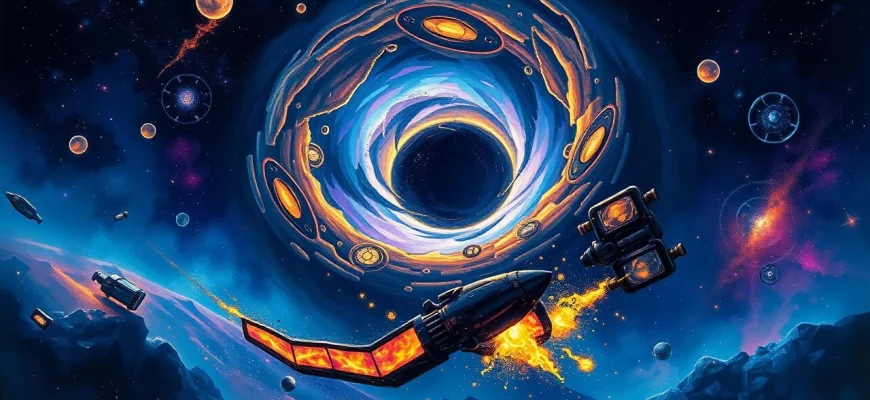If you were captivated by the mind-bending visuals, emotional depth, and cosmic exploration of 'Interstellar' (2014), you're in for a treat. This article compiles 10 movies and shows that share similar themes of space travel, time dilation, and human resilience. Whether you're a sci-fi enthusiast or simply love thought-provoking storytelling, these recommendations will take you on unforgettable journeys beyond our world.
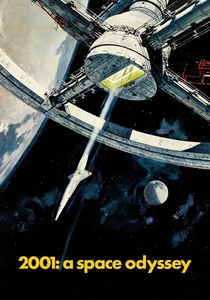
2001: A Space Odyssey (1968)
Description: 2001: A Space Odyssey is a seminal influence on Interstellar, with both films exploring humanity's place in the universe and the mysteries of space-time. The visual grandeur and philosophical depth of 2001 are echoed in Interstellar's approach to storytelling and aesthetics.
Fact: Directed by Stanley Kubrick, the film is renowned for its groundbreaking special effects. The screenplay was co-written by Kubrick and Arthur C. Clarke. The film's iconic monolith has become a symbol of sci-fi cinema.
 Watch Now
Watch Now 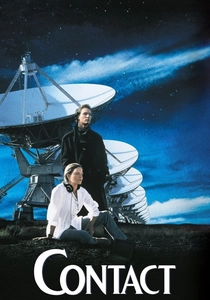
Contact (1997)
Description: Contact, like Interstellar, blends hard science with emotional storytelling, focusing on the search for extraterrestrial life and the personal sacrifices involved. Both films question the nature of existence and the possibility of higher dimensions or beings.
Fact: Contact is based on the novel by Carl Sagan. Jodie Foster's character was inspired by real-life astronomer Jill Tarter. The film's climax involves a journey through a wormhole, similar to Interstellar.
 Watch Now
Watch Now 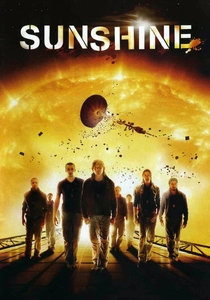
Sunshine (2007)
Description: Sunshine, like Interstellar, deals with a mission to save humanity, featuring a crew of astronauts facing immense challenges. Both films combine hard science with existential themes, and Sunshine's visual style is similarly awe-inspiring.
Fact: Directed by Danny Boyle, known for 28 Days Later and Slumdog Millionaire. The film's score was composed by Underworld and John Murphy. The third act shifts dramatically in tone, becoming more psychological.
 Watch Now
Watch Now 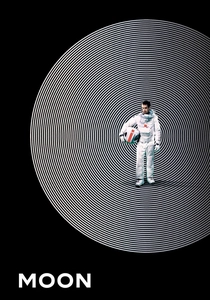
Moon (2009)
Description: Moon shares Interstellar's themes of isolation and identity, set against the backdrop of space exploration. Both films use their sci-fi settings to explore deep psychological and philosophical questions, with a focus on the human condition.
Fact: Moon was directed by Duncan Jones, son of David Bowie. The film was made on a modest budget but received critical acclaim. Sam Rockwell's performance is essentially a one-man show.
 Watch Now
Watch Now 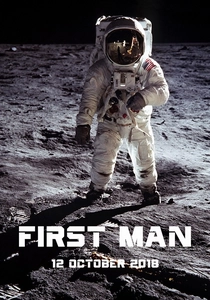
First Man (2018)
Description: First Man, while a historical drama, shares Interstellar's immersive depiction of space travel and the personal sacrifices of astronauts. Both films highlight the emotional and physical challenges of exploring the unknown, with a strong emphasis on realism.
Fact: The film stars Ryan Gosling as Neil Armstrong. Directed by Damien Chazelle, known for La La Land. The moon landing sequence was shot using IMAX cameras for maximum impact.
 Watch Now
Watch Now 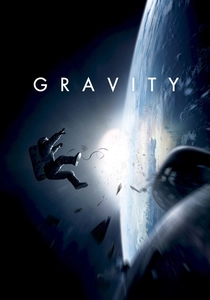
Gravity (2013)
Description: Gravity, like Interstellar, is a visually stunning film that captures the vastness and danger of space. Both movies focus on the isolation and survival of astronauts, with intense, realistic depictions of space physics. The emotional journey of the protagonist in Gravity mirrors the personal stakes seen in Interstellar.
Fact: Gravity won seven Academy Awards, including Best Director for Alfonso Cuarón. The film's opening shot is a continuous 12-minute take. Sandra Bullock trained extensively with NASA to prepare for her role.
 Watch Now
Watch Now 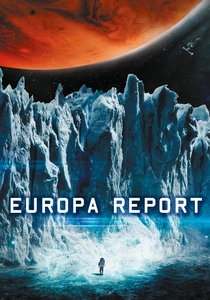
Europa Report (2013)
Description: Europa Report, like Interstellar, is a hard sci-fi film that emphasizes realism and scientific accuracy. Both films involve a perilous journey to a distant moon, with a focus on the crew's dynamics and the unknown dangers they face.
Fact: The film uses a found-footage style to enhance realism. It was praised for its scientific accuracy by experts. The ending leaves much to interpretation, similar to many sci-fi classics.
 Watch Now
Watch Now 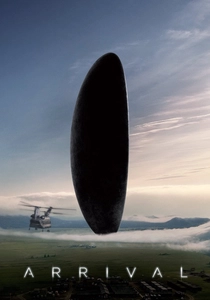
Arrival (2016)
Description: Arrival shares Interstellar's exploration of time and communication, albeit through the lens of linguistics and alien contact. Both films delve into complex scientific concepts while maintaining a strong emotional core, particularly around themes of love and sacrifice.
Fact: Arrival is based on the short story 'Story of Your Life' by Ted Chiang. The film's unique alien language was created by a professional linguist. It was nominated for eight Academy Awards, winning one for Best Sound Editing.
 Watch Now
Watch Now 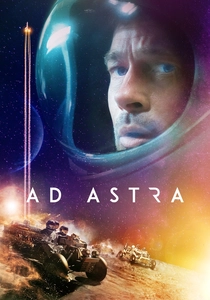
Ad Astra (2019)
Description: Ad Astra shares Interstellar's focus on a father-son relationship set against the vastness of space. Both films explore themes of loneliness, purpose, and the search for meaning, with stunning visuals and a contemplative pace.
Fact: Brad Pitt's performance was highly praised, earning him several award nominations. The film's title means 'to the stars' in Latin. It features a scientifically accurate depiction of space travel.
 Watch Now
Watch Now 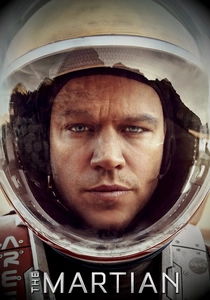
The Martian (2015)
Description: Similar to Interstellar, The Martian explores themes of human survival and ingenuity in the harsh environment of space. Both films emphasize the importance of science and problem-solving under extreme conditions. The Martian also shares a realistic portrayal of space travel and the emotional toll it takes on astronauts and those on Earth.
Fact: The Martian was directed by Ridley Scott, known for his work on other sci-fi classics like Alien and Blade Runner. The film is based on the novel by Andy Weir, which was initially self-published. NASA consulted on the film to ensure scientific accuracy.
 Watch Now
Watch Now 
